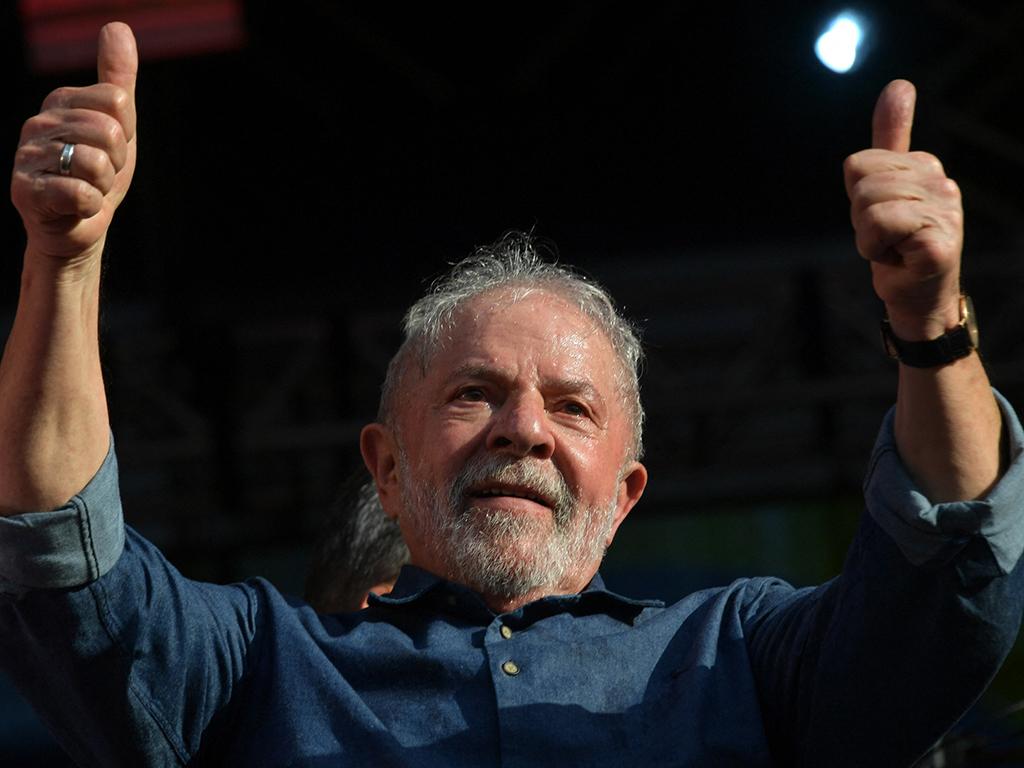This Sunday, October 2, more than 156 million Brazilians will go to the polls to elect their next president. The bid for the executive cabinet of the Alvorada Palace for the next four years is between the incumbent president, Jair Bolsonaro, and the leftist former president Luiz Inácio Lula da Silva.
With no obstacles to his candidacy, Lula emerges as the leader in the main opinion polls among the candidates for President of the Republic. However, if elected, he will not have an easy task ahead of him.
First of all, he will have to pacify the country, which since 2013 has been divided between the conservative right and the progressive left.
In addition, he will need to have the support of the majority in the National Congress if he wants to pass important and necessary measures for the country’s development.
However, this requires negotiating again with the leaders of the center parties, known for the so-called get-it-out-of-here policy, in which they commit to support bills, not based on ideals or banners, but on mere interests in freeing up funds for their represented states.
These parties were one of the main responsible for the impeachment of former president Dilma Rousseff in 2016, and later aligned with the current government in a series of setbacks that reached Brazilians without distinction, be they workers, entrepreneurs, poor or middle-class families.
However, the main challenge that Lula will have to face is on the social ground. In four years of Bolsonaro’s administration, Brazil accelerated setbacks in this area.
After leaving the Hunger Map in 2014, when 9.5 million people (five percent of the population) struggled every day for a plate of food, Brazil saw 33.1 million citizens (15 percent of the population) living in a situation of not being able to eat. This is the same rate as in 1992. A recent study published by the United Nations confirmed that the country dropped eight positions in the Human Development Index, ranking 87th out of 191 nations, behind 15 Latin American and Caribbean nations, including Chile, Argentina, Uruguay and Peru.
During the health crisis, average life expectancy fell from 75.3 years in 2019 to 72.8 in 2021. The decline brought the country to the same level as in 2008, when it was 72.7 years.
At the same level as in 2015, household consumption intentions in 2021 fell back to the same level as in 2015.
Indebtedness reached 77.7 percent of Brazilian families, the highest in 12 years, according to the National Confederation of Trade in Goods, Services and Tourism.
Inflation increased considerably. The rate rose from 3.75 percent per year in 2018 to 10.06 in 2021. As a result, in the last five years the Brazilian currency (real) lost 31.32 percent of its purchasing power.
mh/arb/ocs/fb










